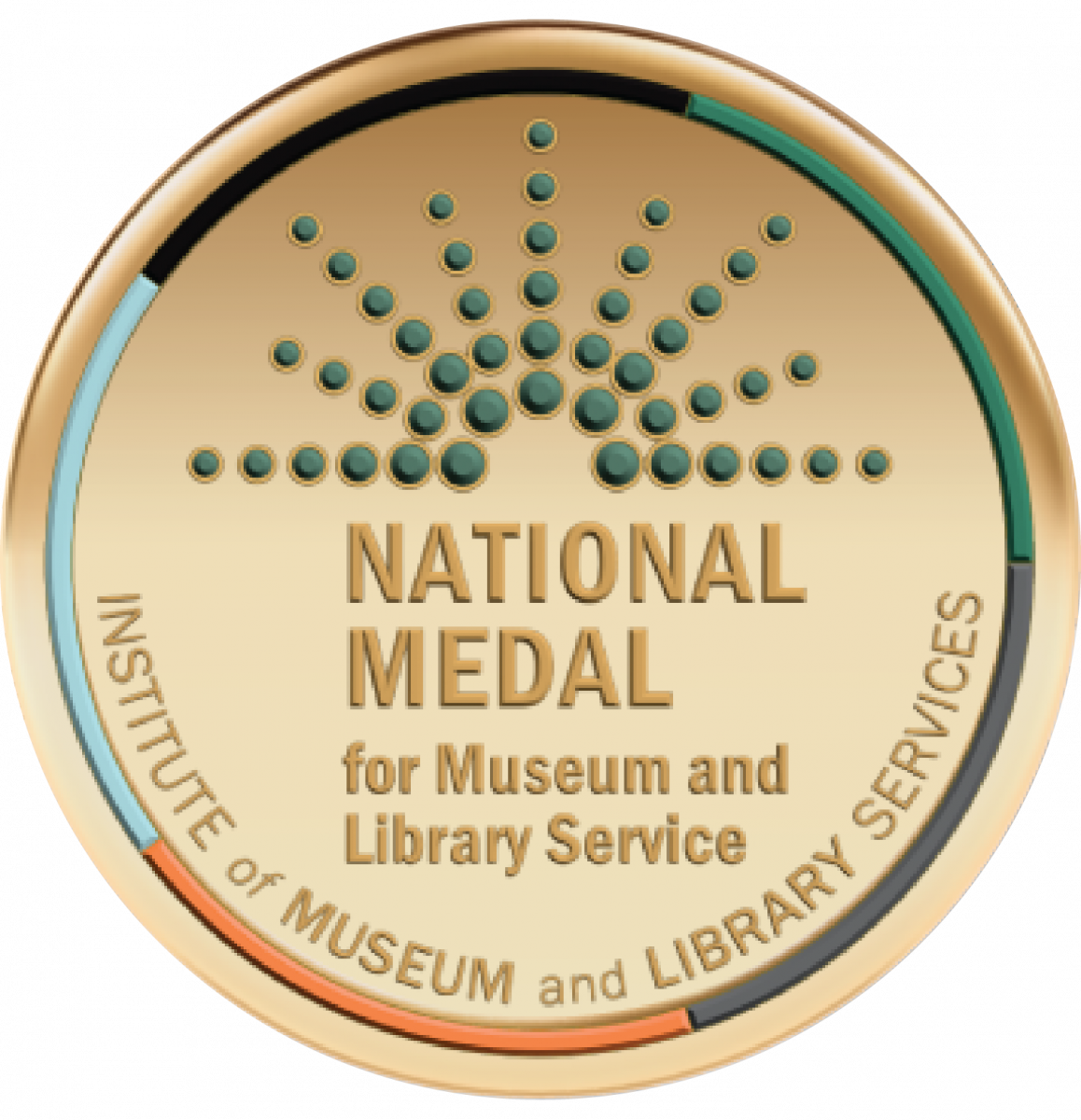
It can be difficult for some families to get these conversations started, but discussion is imperative. Here are some resources for all families.
Perspectives: Talking with Kids About Racial Injustice, from Understood: Understood provides resources and support to families with a member who has learning or thinking differences. This Q&A shares perspectives, experiences, and advice from eight experts on how to approach current events and conversations about racial injustice with children of all ages and abilities.
How to Raise Kids to be Anti-Racist and Talk to Them About Racism, from CBS This Morning: In this video piece, author and CBS News Contributor Ibram X. Kendi discusses how to discuss racism with young children and how grown-ups can engage in & model anti-racist behavior. Several kids also express their views on race.
Discuss Microaggressions, from SheKnows: This quick primer on microaggressions -- what they are and why they're harmful -- was made by teens for adults.
Talking to Children Authentically About Race and Racism, from PBS Kids for Parents: Scroll down to view the recording of the live program which took place Tuesday, June 9, 2020. The conversation focused on how to talk to young children about racial injustice and violence against Black people. This page also has great articles about Black history, talking with children about racism, as well as booklists for families.
George Floyd, Racism, and Law Enforcement, from the Anti-Defamation League: This article, from the Table Talk: Family Conversations About Current Events series, provides straightforward information for kids and tweens about the murder of George Floyd and the ongoing protests around the country, as well as systemic racism and the Pyramid of Hate. The article concludes with a conversation guide, recommended for ages 11+, that adults can use to explore these topics with their families.
Talking About Race, from the National Museum of African American History & Culture: This guide for parents and caregivers is aimed specifically at helping grown-ups help their kids understand what race is, how it operates in society, and why it's important in America.
Talking to Children About Racism: The Time is Now, from the American Academy of Pediatrics: This article provides information for parents about how to help children understand current events and upsetting images in the media, as well as why discussing race and racism is important for all families.
How White Parents Can Use Media to Raise Anti-Racist Kids, from Common Sense Media: This article provides ideas for using books, TV shows, movies, and other media and technology to expose blatant and subtle racism and prejudice, then discuss it with children and teens. It also discusses hate speech, online harassment, and how White people can be allies to People of Color.
Talking to Young Children About Bias and Prejudice, from the Anti-Defamation League: This article provides adults with developmentally-appropriate ways of introducing the topics of race and bias with young children, from toddlers to early elementary school age.
Talking to Children About Racial Bias, from the American Academy of Pediatrics: This article explains how children learn racial bias and provides tips for having developmentally-appropriate conversations with preschoolers and gradeschoolers.
Let's Talk: How to Talk to Kids About Race, from PBS Utah: This web series, hosted by Karen Tao, welcomes a different parenting couple in each episode and discusses race and racism in the context of how their family has experienced it and discussed it. It provides viewers with an opportunity to gain a new perspective and build empathy.
Expland Your Circle: Six Fun Ways to Reach Out, Teach Empathy, and Embrace Differences, from Doing Good Together: This article provides six strategies for expanding your family's social circle beyond your usual cultural boundaries. These tips would be helpful for any family looking to build empathy and open their children's eyes.

